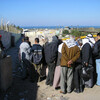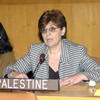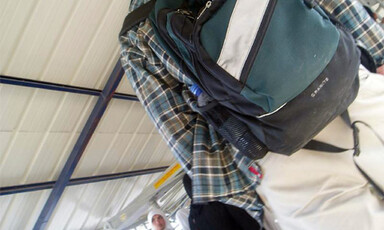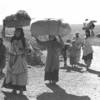
Gaza Strip access deteriorates
11 May 2005
During March and the first half of April movement in and out of the Gaza Strip steadily improved. However, the situation detriorated during the latter part of April following restrictions on Palestinian movement through Erez and periodic closing of Abu Houli junction. Access problems remain with the internal Gaza Strip enclaves, most notably Al Mawasi and As Siafa while a fourth enclave has now been created at Abu Nahiya. In the last four weeks, the Israeli authorities have not allowed United Nations Relief and Works Agency (UNRWA) to import petrol into the Gaza Strip. Read more about Gaza Strip access deteriorates








